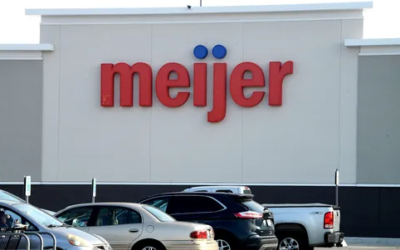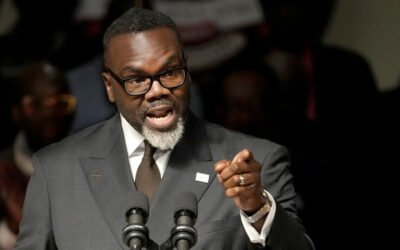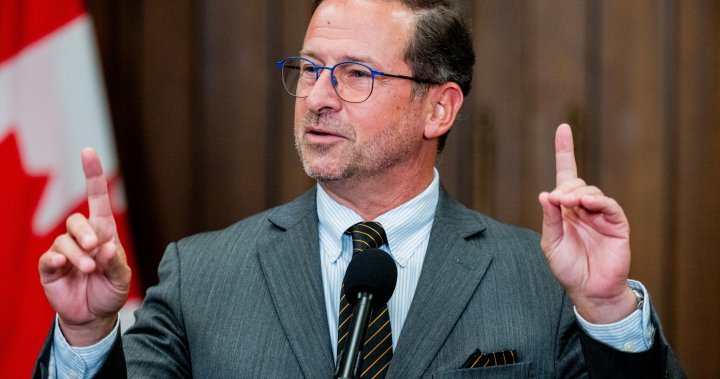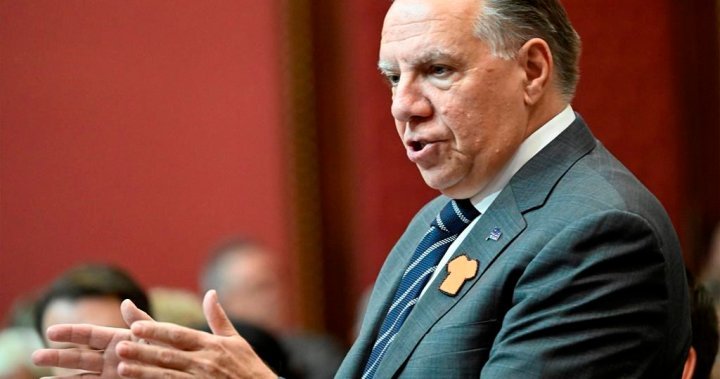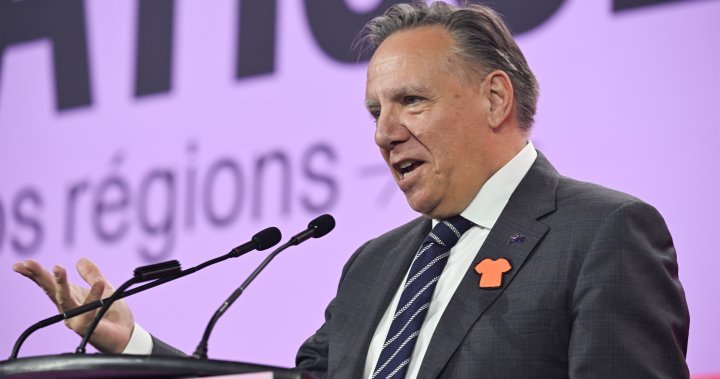School Board Crisis Challenges Chicago Mayor’s Leadership
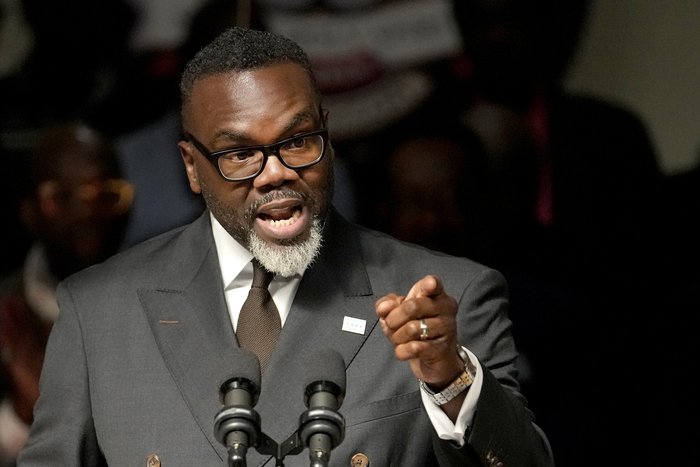
Chicago’s Mayor Faces Growing Turbulence Amid School Board Crisis
Chicago Mayor Brandon Johnson, elected as a reformer promising to disrupt the city’s often contentious political landscape, now finds himself in increasingly choppy waters. Two years into his tenure, Johnson is struggling to push through his progressive agenda, facing pushback not just from political opponents but also from some of his own ideological allies.
His latest challenge? A brewing controversy involving the Chicago school board. In a stunning move, all seven members resigned after rejecting Johnson’s demand to fire the schools’ CEO. The board’s resistance came after the CEO refused Johnson’s proposal to secure a high-interest loan to patch up a budget shortfall. This resignation adds to the mounting challenges Johnson faces in keeping his political base intact and moving his agenda forward.
A Mayor on the Defensive
In a recent interview, Johnson defended his leadership style, emphasizing that his vision for Chicago is bold and transformative. Speaking from London during a trip for economic development, he cited significant investments in affordable housing and other accomplishments. However, Johnson acknowledged that not everyone is on board with his approach.
“There are individuals who find it hard to adjust, but the masses in Chicago align with our vision,” Johnson said.
Despite his defense, Johnson’s political battles extend far beyond the school board. He has reshuffled his intergovernmental affairs team, clashed with the City Council over controversial gun detection technology, and failed to secure approval for his first two choices to chair the zoning committee—all while delaying the release of his proposal to tackle the city’s looming $1 billion budget deficit.
Progressive Allies Question Johnson’s Leadership
While many City Council members support Johnson’s progressive agenda, his aggressive tactics have rubbed some the wrong way. Alderman Bill Conway expressed frustration over Johnson’s unilateral actions, especially in the case of the school board shake-up.
“I appreciate that the mayor is principled, but city government isn’t a dictatorship,” Conway remarked.
Johnson’s rise to power was unexpected. A former teacher and organizer for the Chicago Teachers Union (CTU), he led grassroots efforts before winning the mayoral seat with support from progressives and minority communities. But challenges began almost immediately, with Republican Texas Gov. Greg Abbott sending busloads of migrants to Chicago to highlight national immigration issues.
Johnson’s pro-immigration stance has sparked divisions within the city, especially among Black Chicagoans who question why the mayor is prioritizing housing for migrants when many in their own communities still need support.
Racial Tensions and the Migrant Crisis
Johnson’s focus on providing resources for new immigrants has led to tensions with Illinois Gov. JB Pritzker, despite the state’s significant financial contributions. The crisis has also deepened divides within Chicago, with Black residents feeling left behind.
Even within Johnson’s own circle, the criticism has grown. Some argue that while his efforts to uplift Black communities are commendable, his narrow focus could alienate other residents.
“As much as he wants to tackle issues in the African American community, he can’t do that exclusively,” said former Alderman Bill Singer. “You need the entire city behind you.”
Crime, Technology, and the Debate Over Gun Detection
Public safety remains a key issue for Johnson. Though crime rates have decreased, the debate over the controversial ShotSpotter gun detection system rages on. While Johnson opposes the program, calling it a surveillance tool, some Black neighborhoods credit it with saving lives.
Johnson has vowed to end the program, a move that could face legal challenges. But even as he sticks to his campaign promises, it’s the city’s financial woes and educational system that loom largest over his administration.
Financial Woes and a Contentious School Board
The city’s $1 billion budget shortfall and the Chicago Public Schools’ mounting debt present serious challenges. Johnson’s attempt to offload a school workers’ pension payment to the public schools, and his push for the schools to take out a $300 million loan, have only added fuel to the fire.
When the school board rejected these ideas, the mayor’s frustration reached a boiling point. The board, in the middle of contract negotiations with the CTU, eventually resigned, leaving Johnson scrambling ahead of Chicago’s first elected school board vote in November.
Critics say Johnson’s moves are an attempt to maintain control over the board and its decisions. Many fear that firing the CEO could destabilize the system, especially given recent improvements.
What’s Next for Mayor Johnson?
Johnson’s comments comparing critics of his financial decisions to Confederate slave owners have only deepened the controversy. As he gears up to present his budget to the City Council and prepares for a potential re-election bid, many wonder if Johnson can navigate the turbulent waters ahead.
Alderman Andre Vasquez warned that continued friction between the mayor and the City Council could hinder progress, while Singer, the veteran alderman, believes the city can weather this storm—but only for so long.
“Chicago’s institutions are strong, but continued conflict will take a toll. The city might survive a few more years of this, but another term? That’s less certain,” said Singer.

